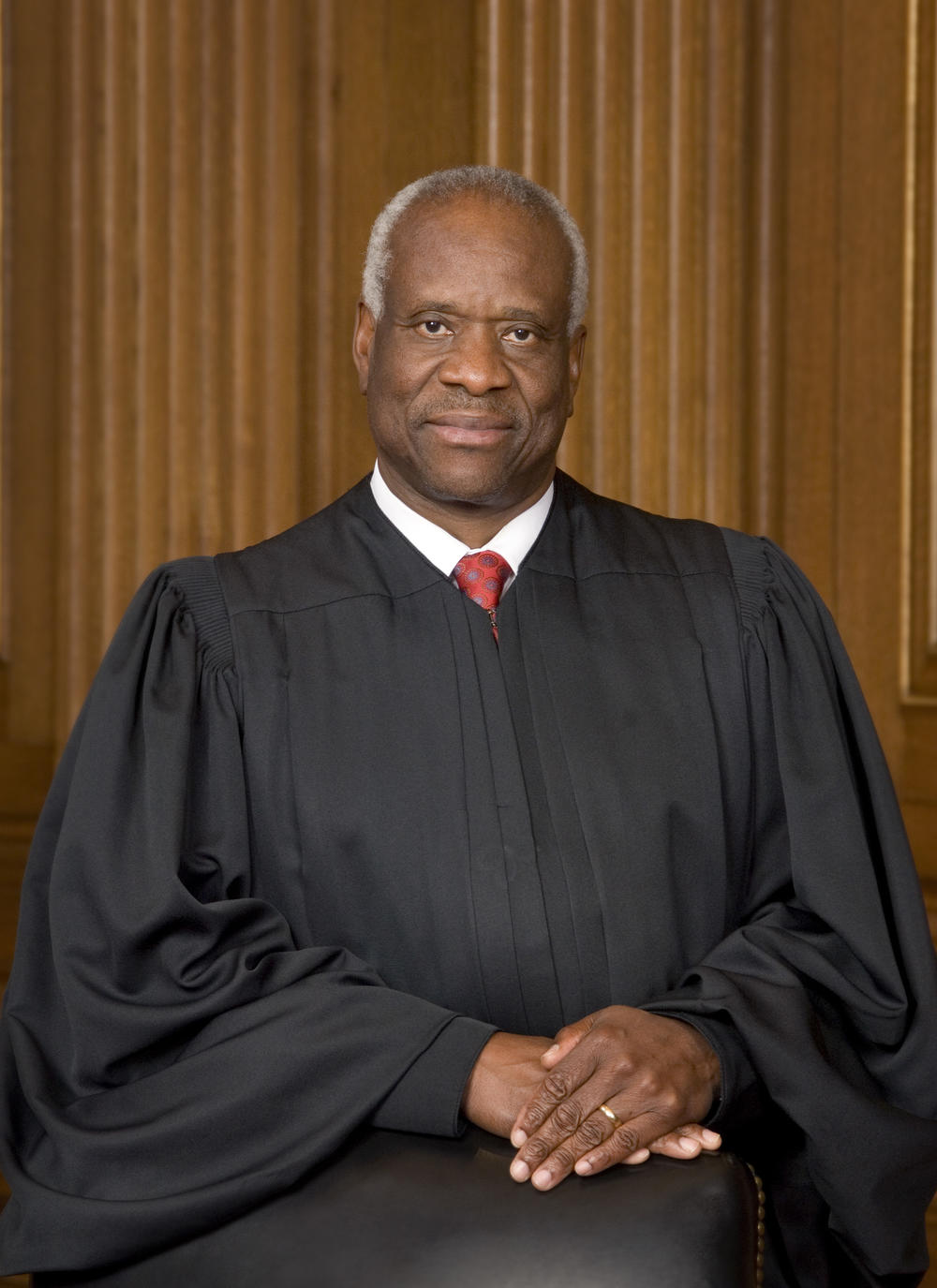
Section Branding
Header Content
Lawmakers: Day 12 focuses on Clarence Thomas monument, 'divisive' curriculum in Senate
Primary Content

A controversial bill to erect a monument on Capitol grounds in honor of Supreme Court Justice Clarence Thomas, who was born in Georgia, passed the Senate on Monday. Sen. Jason Anavitarte, one of the bill’s sponsors, said it honored Thomas’ life’s work in the judicial system.
However, Senate Bill 326 was not supported by everyone. Sen. Nikki Merritt said that Thomas is controversial within the Black community.
“He’s not well-received by the Black community," Merritt said. "I don’t know if some of you guys know that. … It’s not because he’s a conservative Republican. We think he is a hypocrite and a traitor."
Merritt cited Thomas' opposition to affirmative action, his sexual harassment allegations, and former opposition to interracial marriage as reasons for his controversy. She also said that the Legislative Black Caucus was not consulted about the bill.
Sen. Lester Jackson pointed out that monuments are often built for political figures after their careers are ended.
“Let's just wait until after his story is finished, after his political service is finished," Jackson said. "Then we can talk about what he meant for Georgia. … Now is not the time for SB 326.”
SB 326 passed 32 to 21. None of the bill’s 34 sponsors are Black.
The Senate Education and Youth Committee heard a bill that would provide Black history curriculum for Georgia schools. SB 15, sponsored by Sen. Tonya Anderson, would require that Georgia schools teach about Black people’s contributions to American history. The curriculum would also include content about slavery and anti-slavery movements. The committee did not vote on the bill.
The committee also heard SB 377, a controversial bill that would limit schools’ ability to teach “divisive concepts.” Sen. Bo Hatchett, the bill’s sponsor, said banned topics included teaching that the U.S. is fundamentally racist, that one race is superior, that individuals should feel responsible for the actions of other people of the same race, and that individuals are consciously or unconsciously racist because of their ethnicity.
Sen. Elena Parent pushed back on the reasoning of the bill, saying, “When you deny people of a certain race economic and educational opportunities for hundreds of years, there’s going to be an impact to that,” she said.
Hatchett said that the bill is “proactive instead of reactive legislation,” when he was asked for examples of divisive curriculum being taught in schools.
The committee did not vote on the bill.

